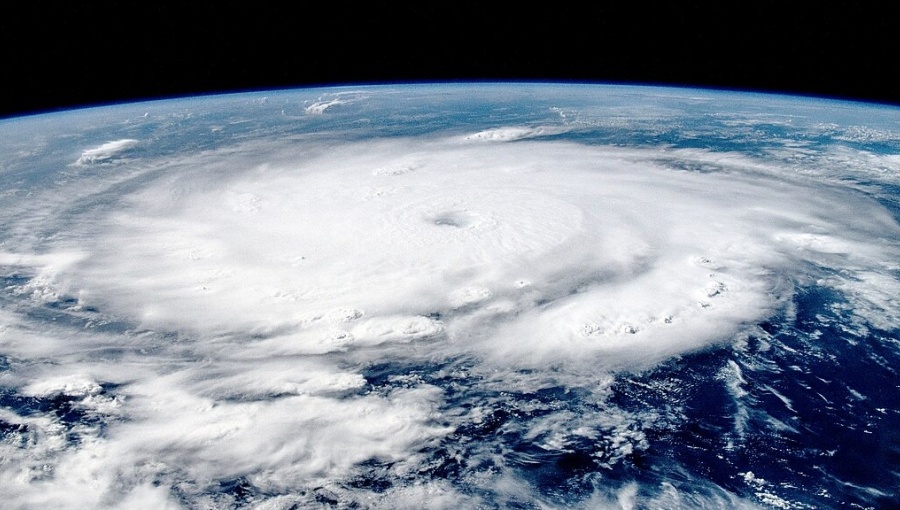Hurricane Beryl’s rapid growth not possible without climate change

Deadly Hurricane Beryl has been powered by global heating driven by the burning of fossil fuels, say experts.
The storm hit Texas on Monday, punching out part of the grid, causing flooding and killing two people in Houston. Before that, it had wrought destruction in the Caribbean.
Beryl was the first Category 4 hurricane to be recorded in June since records began in 1851, according to the National Hurricane Centre.
The storm was the first hurricane of this season and also the earliest Category 5 ever recorded for the Atlantic hurricane season.
At one point, Beryl strengthened to a Category 5 event with winds of 270 kph (165 mph). It barrelled from the tropical Atlantic Ocean - before razing homes across several Caribbean islands
At many as seven dead have been reported in Grenada, St. Vincent and the Grenadines and Jamaica. Venezuela saw three deaths. Some reports have put the death toll at as high as 22, with $5bn worth of damage by July 5, said Inside Climate News.
Some researchers have even said global heating led to Beryl’s wind and rain being 10-30% more intense.
Caribbean islands, with developing economies, have been hit especially hard, though they had little to do with the fossil fuel burning that had led to the climate crisis.
More Atlantic hurricanes could be on the way.
The 2024 Atlantic hurricane season is expected to be highly active, according to projections. The season started on June 1.
If the National Hurricane Centre’s early forecast, issued on May 23, is correct, the North Atlantic could see 17 to 25 named storms, eight to 13 hurricanes and four to seven major hurricanes by the end of November, according to the Conversation.
That’s the highest number of named storms ever in any US National Oceanic and Atmospheric Administration (NOAA) pre-season forecast.
"Climate change and, in particular, warming oceans are fuelling ever more powerful hurricanes, in the Atlantic and around the world," Michael Mann, a professor at the University of Pennsylvania, told Salon.
"For each 1°C of warming (which, he says, is about how much the oceans have warmed) we observe a roughly 12% increase in peak wind speeds, which corresponds to a roughly 40% increase in peak intensity (which is proportional to the third power of the wind's peak)," he said.
This increase is “now readily observable," continued Mann. "I have endorsed the creation of a new category, Category 6, for the very strongest storms we are now witnessing."


Follow us online